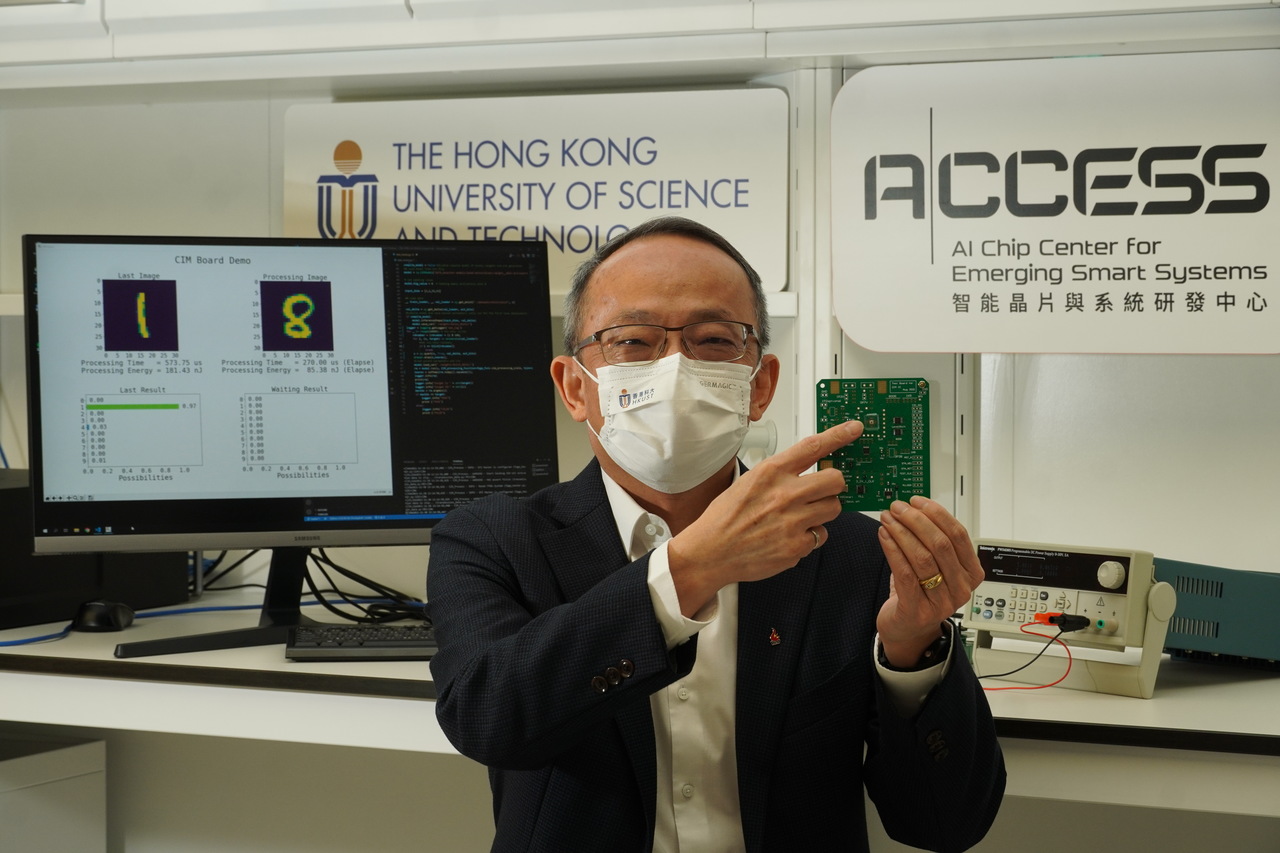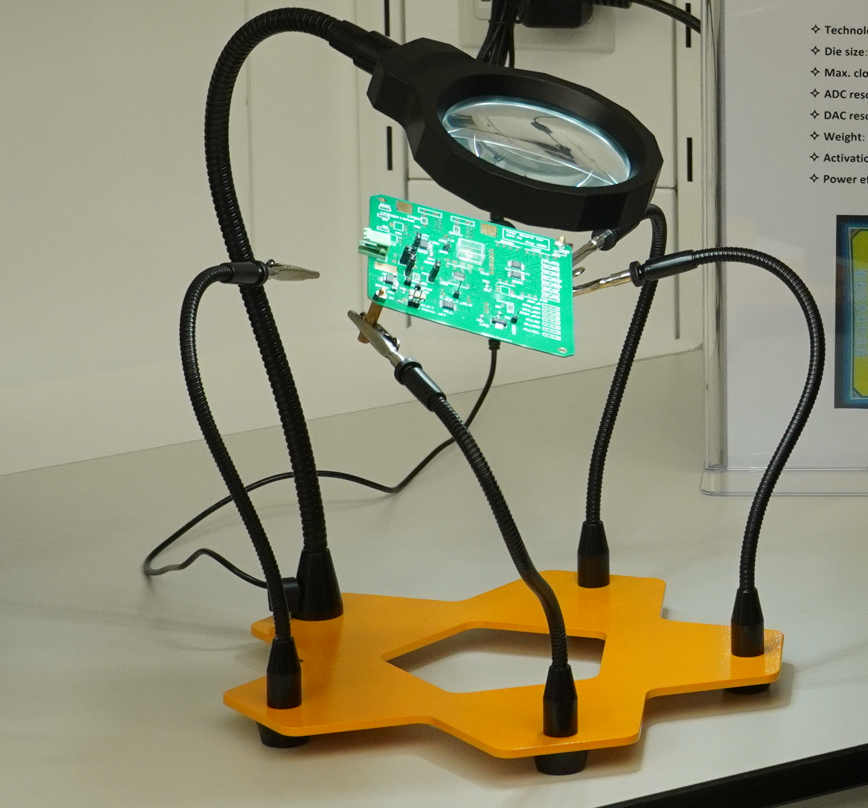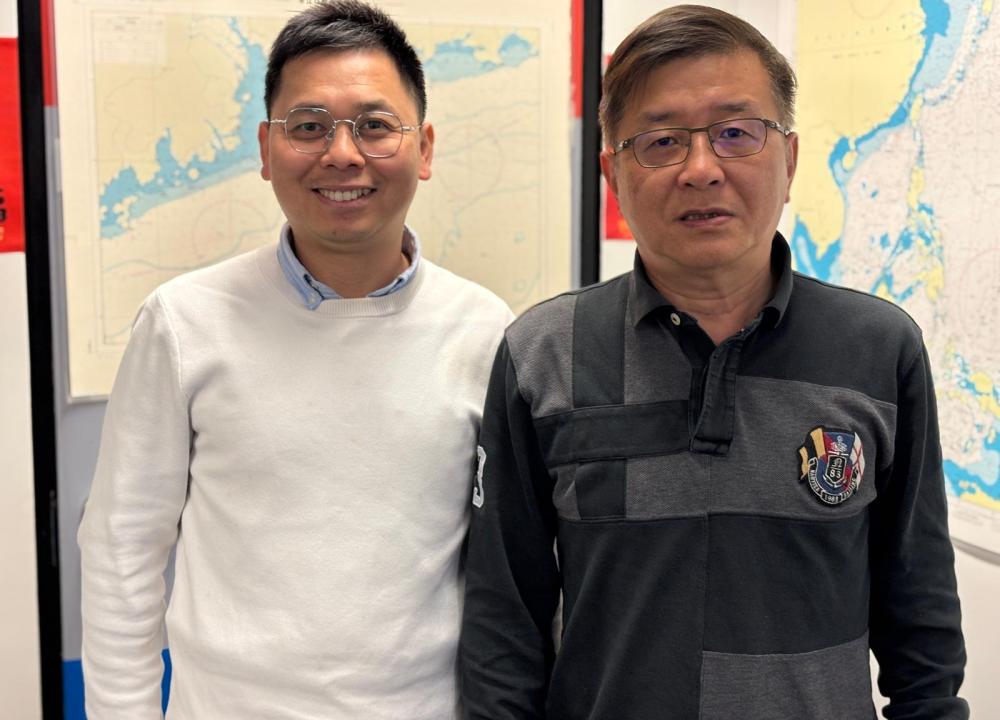HKUST Establishes Asia’s first Transnational R&D Consortium on AI Chip Design
The Hong Kong University of Science and Technology (HKUST) has established Asia’s first transnational consortium to perform research and development on AI chip design, to help put Hong Kong on the global map of AI chip and hardware design and to nurture the much-needed talent for a booming global AI chip market.
With an initial funding of HK$443.9 million from the Hong Kong government’s InnoHK Clusters initiative, the AI Chip Center for Emerging Smart Systems (ACCESS) founded by HKUST in collaboration on research with Stanford University, The University of Hong Kong and The Chinese University of Hong Kong, sought to realize ubiquitous AI applications in society seeking to create AI chips that are 1,000 times faster and more energy efficient than that of existing solutions.

Founded in September last year, ACCESS has already launched 14 research projects, with more coming up in the pipeline. The Center aims not only to reap the benefits of a fast-growing AI chip market - expected to reach a value of US$291.5 billion by 20261; but also to nurture talent who can offer customized chip design, and software-hardware co-designed solutions to tech startups and smaller sized companies, so they won’t be stifled from development due to insufficient resources.
The Center’s research work is now supervised by 36 top academics, with over 100 researchers from all participating universities. The team will continue to expand, with ACCESS aiming to recruit and maintain a full-time Center-based research force of between 60 to 80 members.
“ACCESS is unique on multiple fronts. Its integrated research, development agenda and execution plan effectively close the “Valley of Death” gap between scientific research and deployment of results for impact. Meanwhile, its teams of world-leading experts with complementary expertise not only collaborate well among themselves, but also across universities and industry under an established mechanism,” said Prof. Tim CHENG, HKUST’s Dean of Engineering, Founding Director of ACCESS, and an internationally leading researcher in the fields of Electronic Design Automation (EDA), integrated circuit design and computer architecture.
“We are confident that the consortium will play a leadership role on AI chip design in terms of talent development, producing world-class research results, and successful technology transfer for societal impact,” Prof Cheng added.
Research work now underway at the Center include exploring the integration of silicon-compatible emerging memory and photonic technologies with scaled silicon chips; novel memory-centric chip architecture and integration of heterogeneous system; development of new design methodologies and design automation tools dedicated for designing AI chips, as well as AI application-algorithm-and-hardware co-optimization aiming to achieve breakthroughs in both speed and energy efficiency of the AI hardware. Two brand-new AI chip prototypes have already been developed and are currently undergoing evaluation and product analysis.
1 Global Artificial Intelligence (AI) Market to Reach US$291.5 Billion by the Year 2026https://www.researchandmarkets.com/reports/1056044/artificial_intelligence_ai_global_market#src-pos-6
For media enquiries, please contact:
Anita Lam
Tel: 2358 6313
Email: anitalam@ust.hk
Johnny Tam
Tel: 2358 8556
Email: johnnytam@ust.hk











